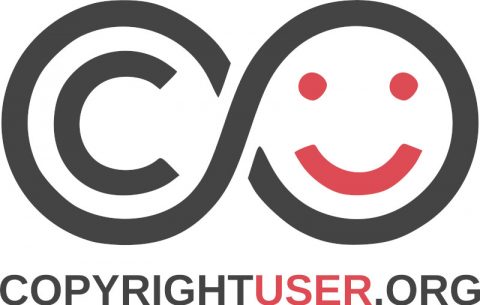Drawing on UK and EU copyright laws and their application to 3D printing and CAD files, this paper will, first, question whether CAD files can be protected by copyright law before considering the copyright implications thrown up by the modification of CAD files as a result of scanning and the use of online tools.
This paper argues that the Digital Economy Act (DEA) 2010, already much delayed in its implementation, is fundamentally flawed in three respects. First, there are internal inconsistencies in the complex provisions to be enacted under secondary legislation.
The technology in its early stages has already raised questions pertaining to intellectual property (IP) implications. This paper considers the IP implications of 3D printing. In particular the paper considers the challenges to patent law, trademark law, copyright law and design law as a result of this emerging technology.
Book: Handbook on the Digital Creative Economy Authors: Homberg, F., Favale, M., Kretschmer, M., Mendis, D. and Secchi, D. Editors: Towse, R. and Handke, C. Pages: 1-380 Publisher: Edward Elgar Place of Publication: Cheltenham, UK Date of Publication: December 2013 ISBN: 978-1-78100-487-6
The report consisting of two Studies includes a comparative international review of actual and proposed orphan works legislation in several jurisdictions aimed at identifying key characteristics of orphan works licensing schemes and simulated rights clearance for six scenarios in order to identify pricing models in the studied jurisdictions.
This report discusses the legal treatment of parodies in seven jurisdictions that have implemented a copyright exception for parody. The jurisdictions include Australia, Canada, France, Germany, Netherlands, UK, and USA. The report identifies possible regulatory options for benefiting from a parody exception to copyright infringement, and distils the (economic and non-economic) rationales developed by legislators and courts. The report concludes by setting out a list of policy options.
An animated film on Copyrightuser.org titled The Adventure of the Girl with the Light Blue Hair won an AHRC Research in Film Award on 12 November 2015 at an Awards Ceremony hosted at the British Film Institute, Southbank London. Copyrightuser.org is an online resource, which makes copyright law accessible to creators, teachers, students and members of the public. The project began with Bournemouth University’s…
This is a collaborative submission from a group of academics based in the UK with expertise in information technology law and related areas. The preparation of this response has been funded by the Information Technology Think Tank, which is supported by the Arts and Humanities Research Council and led by the SCRIPT/AHRC Centre for Research in Intellectual Property and Technology, University of Edinburgh. This response has been prepared by Abhilash Nair and Dinusha Mendis.
Authors: Mendis, D. Start date: 21 April 2009 Journal: European Intellectual Property Review Pages: 1-9
This paper will look at the concept of the ‘digital divide’ by way of introduction, before moving on to illustrate, through examples drawn from Bangladesh, Sri Lanka and Nigeria, the manner in which steps have been taken to bridge the divide in these countries.


